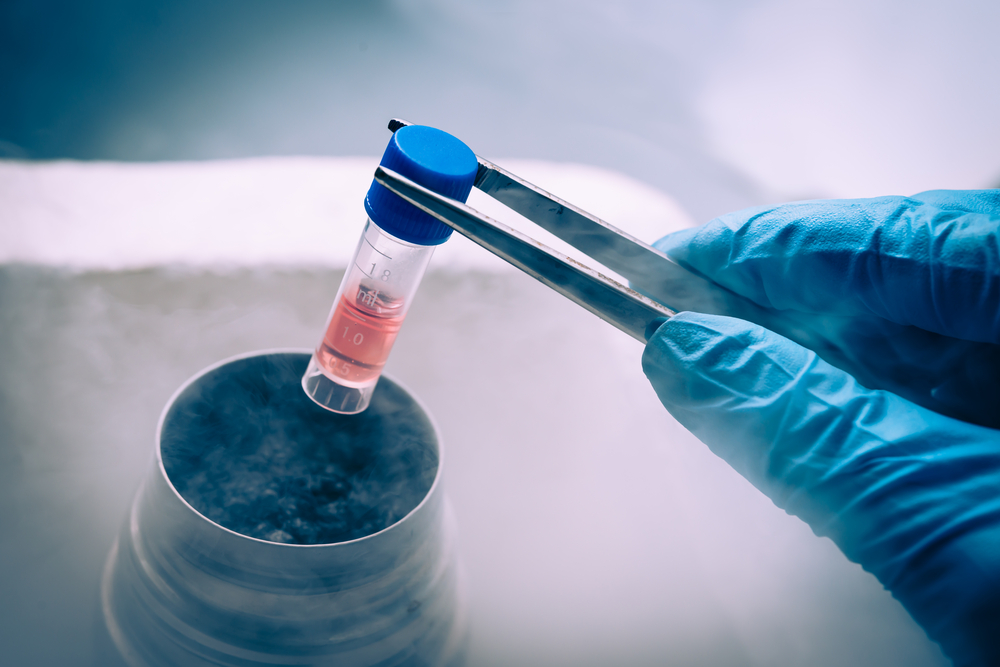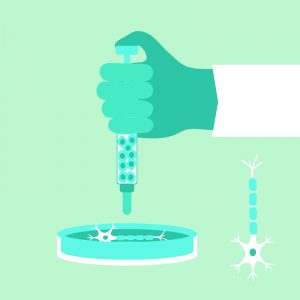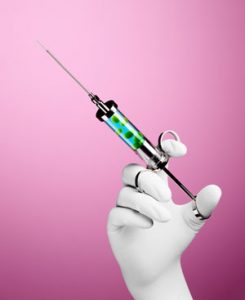Stem cell research holds immense promise for medical advancements and potential treatments for a wide range of diseases and conditions. However, due to ethical concerns and potential misuse, regulations and laws surrounding stem cell research are crucial in ensuring responsible and ethical practices. The Florida Healthcare Law Firm provides valuable insights into stem cell law research on its website, shedding light on the legal landscape. Here’s an overview of what the law says about stem cell research.
- Federal Policy: The legal framework for stem cell research in the United States is primarily governed by federal policy. The National Institutes of Health (NIH) sets guidelines for federally funded stem cell research. These guidelines define the types of stem cells that can be used, the sources from which they can be derived, and the permissible research practices. Researchers must comply with these guidelines to access federal funding and resources.
- State Regulations: Stem cell research laws can vary at the state level. Some states have enacted specific legislation to address stem cell research, while others adhere to federal regulations. It’s important for researchers to be familiar with the laws in their respective states to ensure compliance with local requirements.
- Embryonic Stem Cell Research: Due to ethical considerations surrounding the use of human embryos, federal policy restricts the use of federal funds for embryonic stem cell research. However, privately funded research is not subject to these restrictions. Some states have enacted legislation to regulate or ban embryonic stem cell research, while others have adopted supportive policies.
- Adult Stem Cell Research: Federal policy allows for the use of federal funds in adult stem cell research. Adult stem cells are derived from various tissues in the body, such as bone marrow, adipose tissue, and umbilical cord blood. These cells have shown great potential in medical treatments and do not raise the same ethical concerns as embryonic stem cells.
- Regulatory Oversight: Stem cell research involving human subjects falls under the purview of ethical review boards and regulatory agencies. These bodies evaluate research proposals to ensure compliance with ethical standards, patient safety, and adherence to legal requirements. Institutional Review Boards (IRBs) play a vital role in overseeing stem cell research and protecting the rights and welfare of research participants.
Understanding the legal landscape surrounding stem cell research is crucial for researchers and healthcare professionals. Adhering to federal guidelines, state regulations, and ethical standards ensures responsible and accountable research practices. It’s important to consult legal professionals specializing in healthcare and research laws to navigate the complexities and ensure compliance with applicable regulations.
As stem cell research continues to advance, legal frameworks will evolve to address emerging ethical and scientific concerns. Staying informed and up to date with developments in stem cell law research is essential for researchers, healthcare providers, and policymakers, as it provides a solid foundation for responsible and groundbreaking scientific advancements in this promising field.


 By:
By:  By:
By: 
 By:
By: 
 By:
By: 


 By:
By: